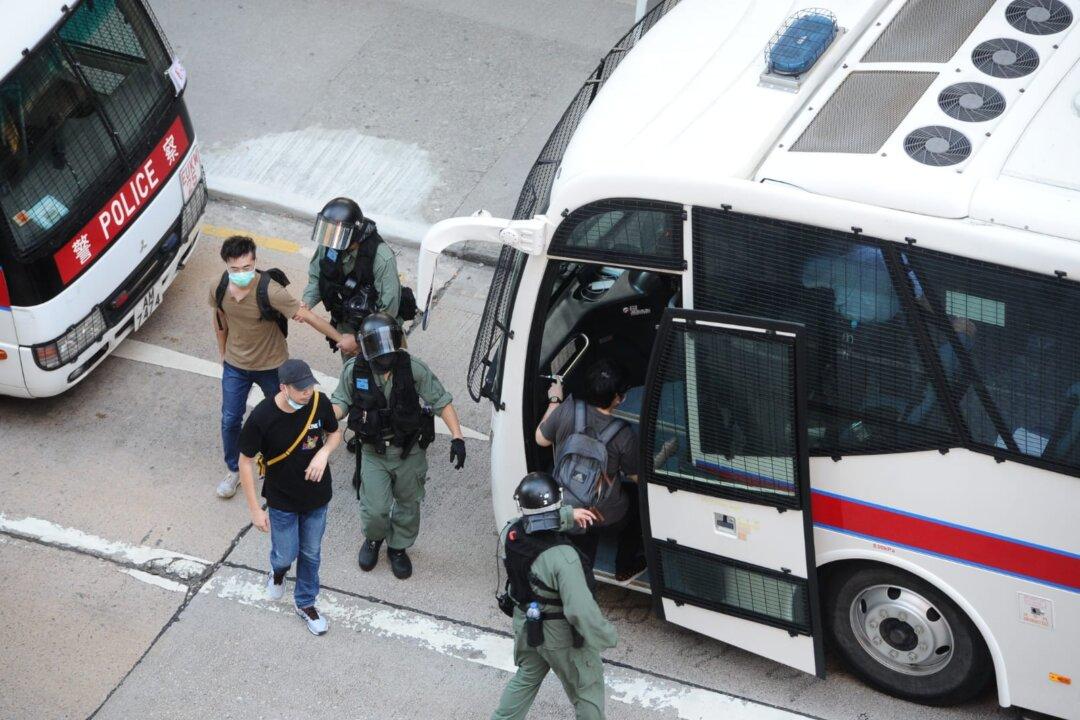Beijing’s rubber-stamp legislature, the National People’s Congress (NPC), began reviewing its proposed national security law for Hong Kong on June 28 morning, the first day of its three-day scheduled meeting.
China’s state-run media Xinhua, in an article published late afternoon on Sunday, stated that the NPC standing committee, a body of 175 members who oversee the ceremonial congress, reviewed a number of bills, including a draft of the national security law. The meeting was presided by NPC standing committee chairman Li Zhanshu.



